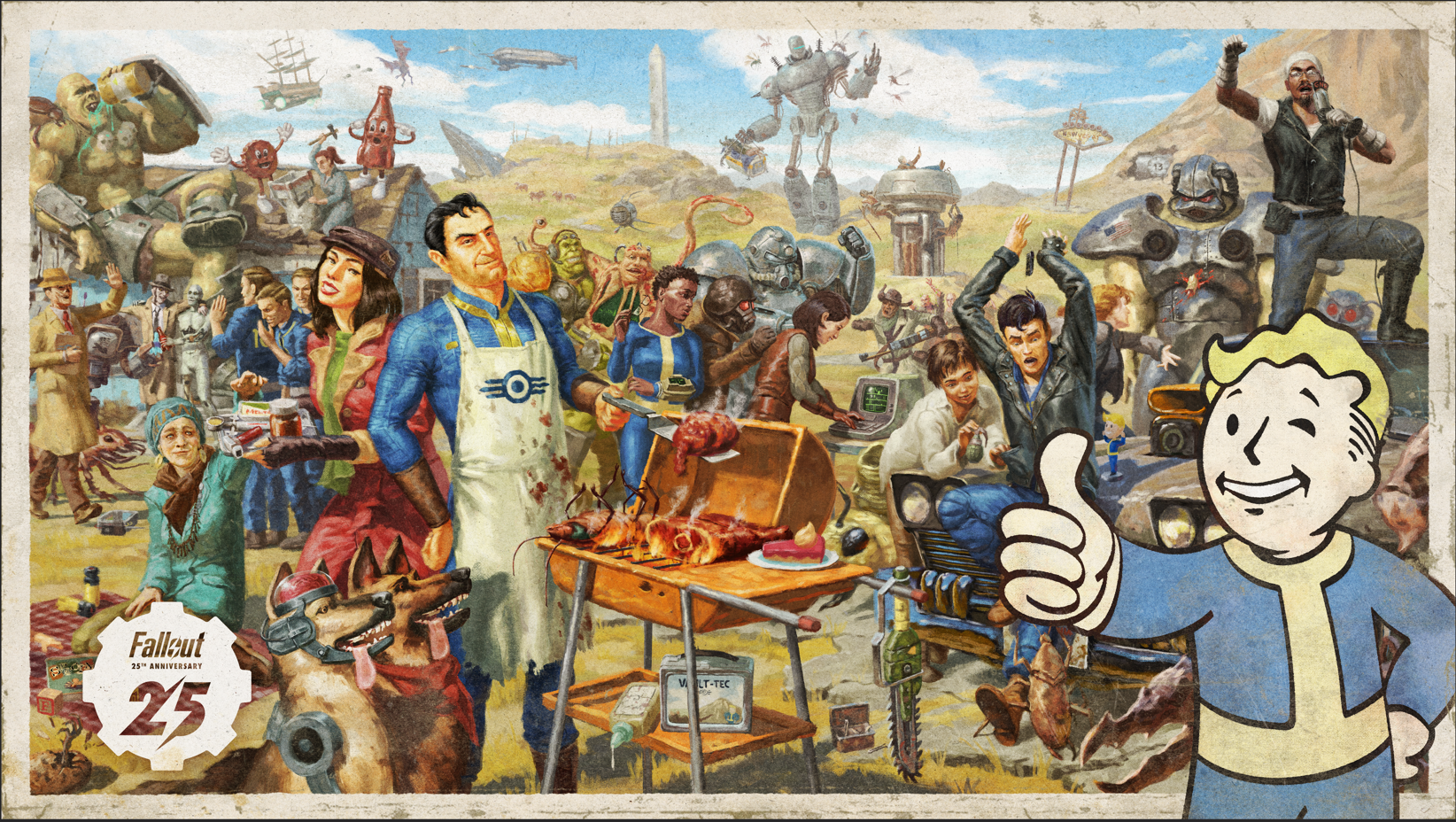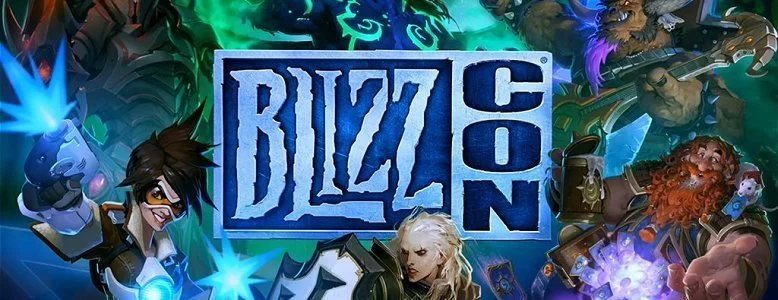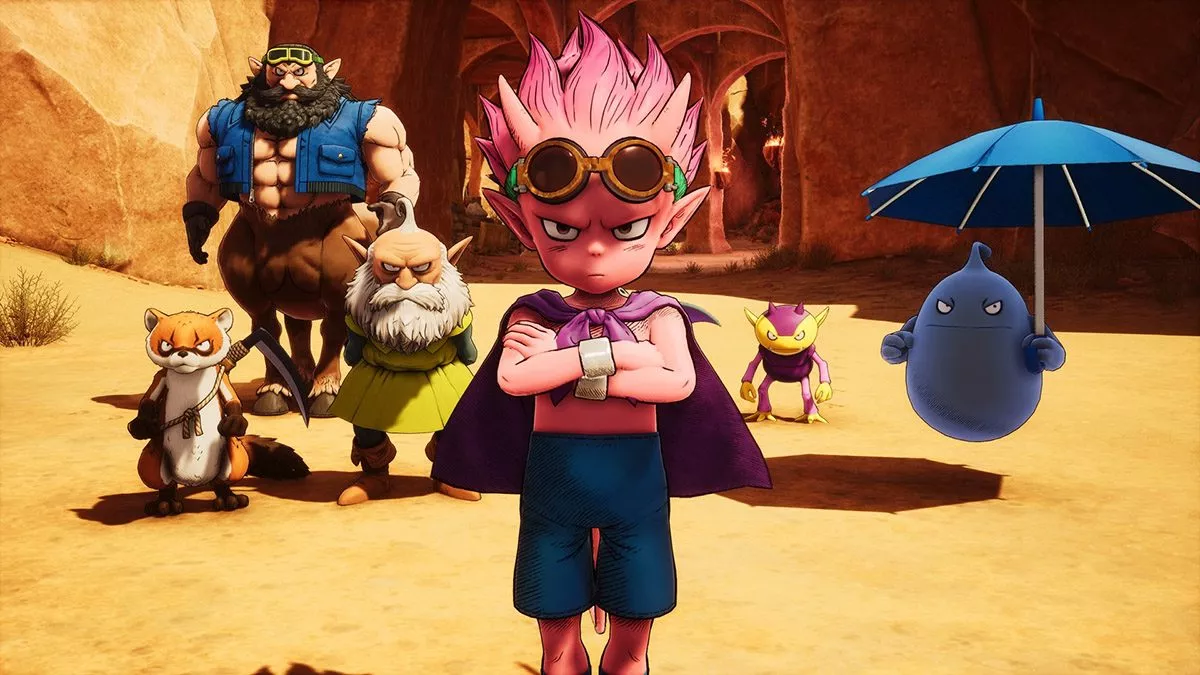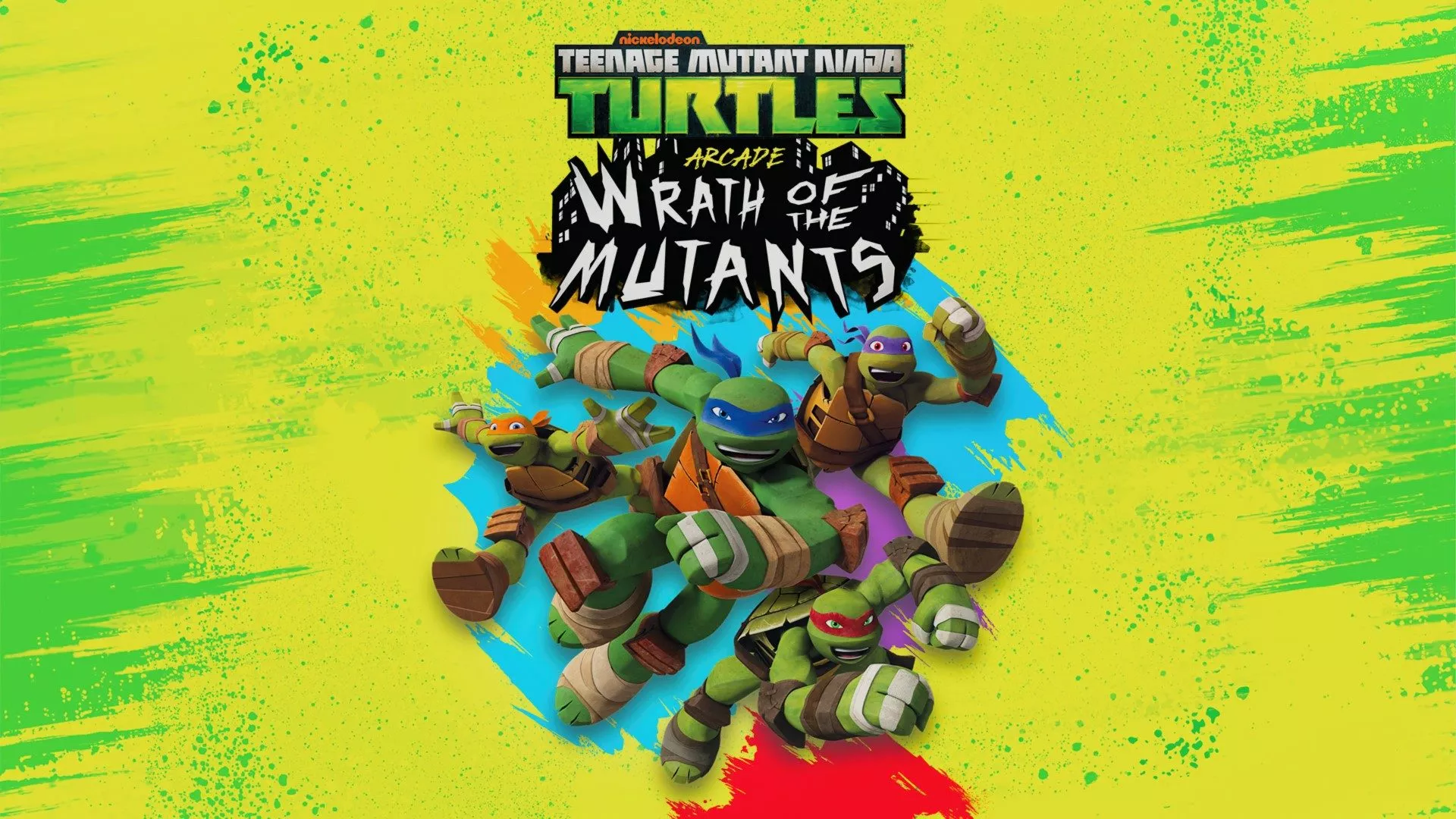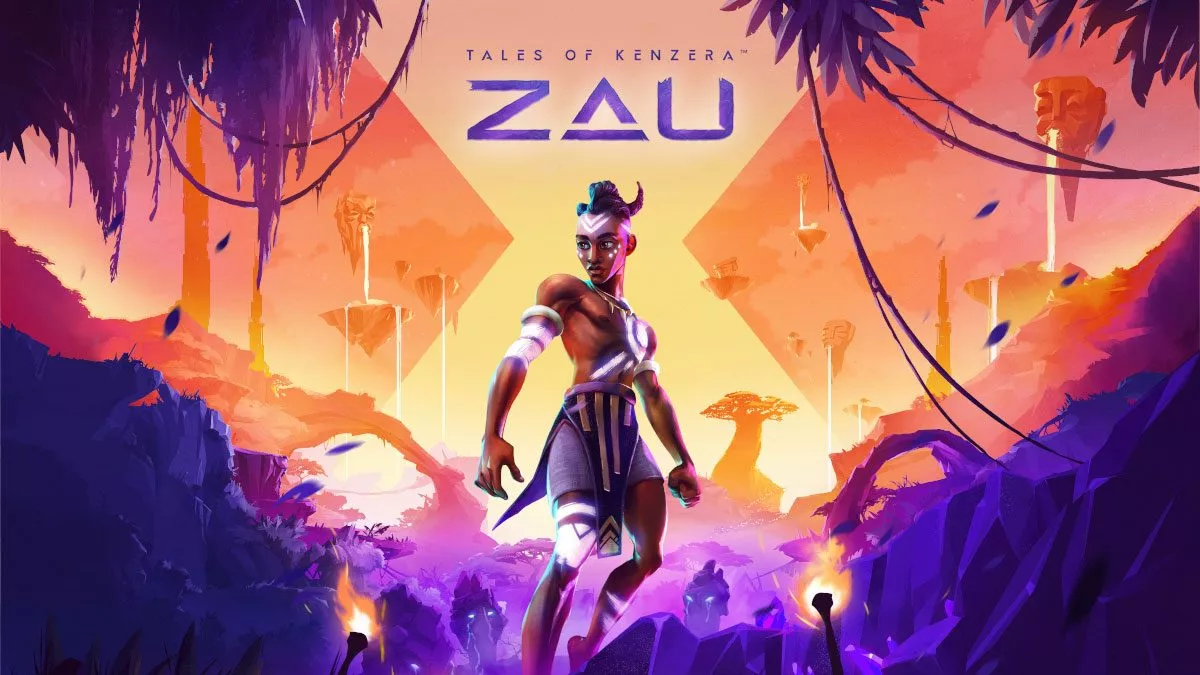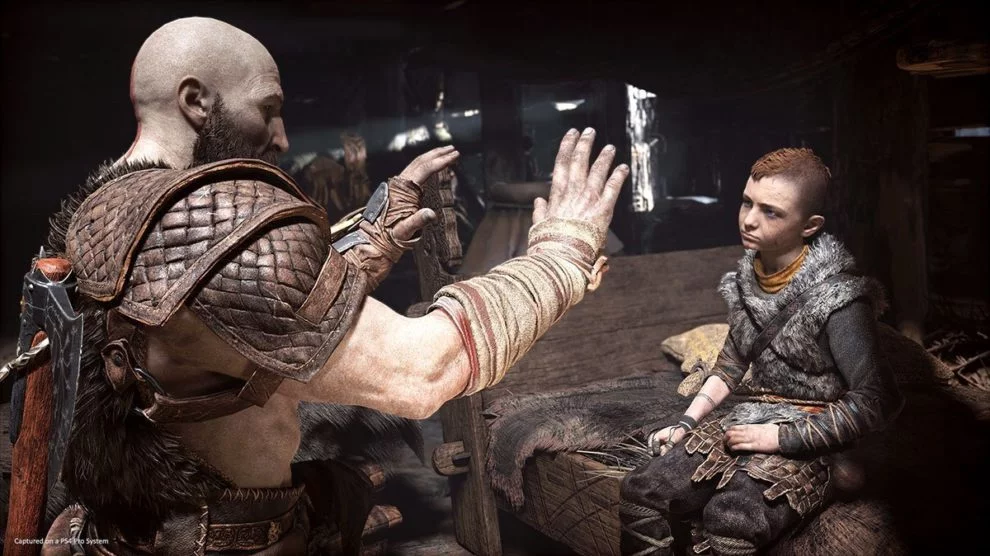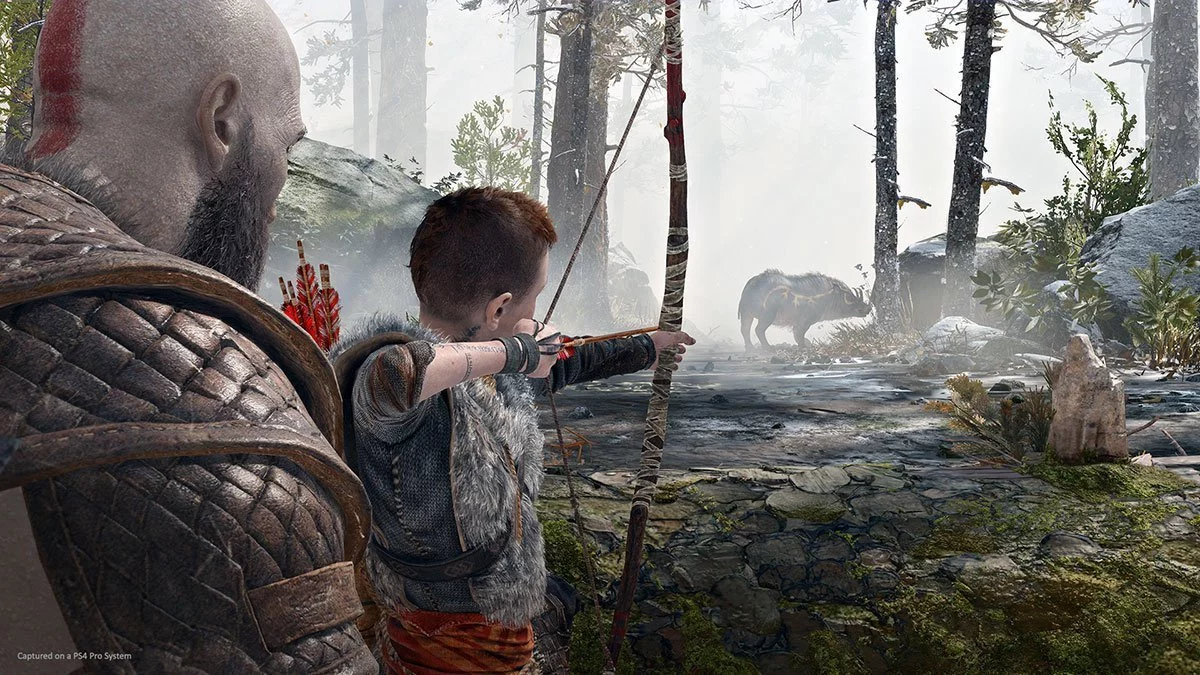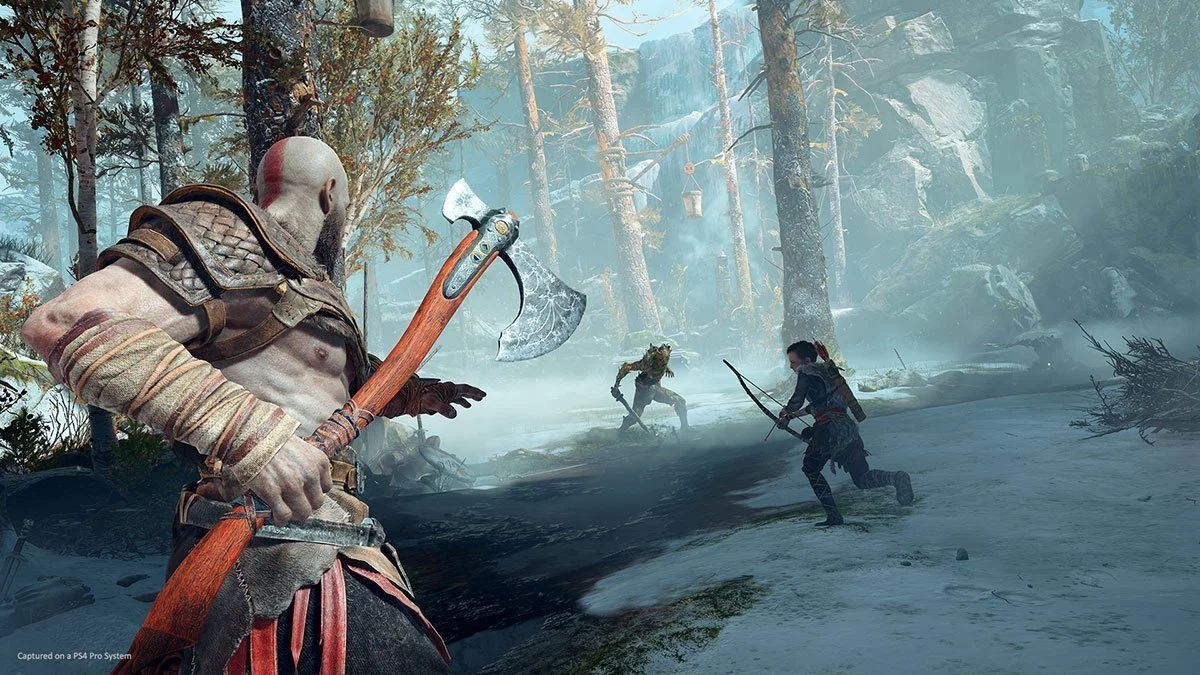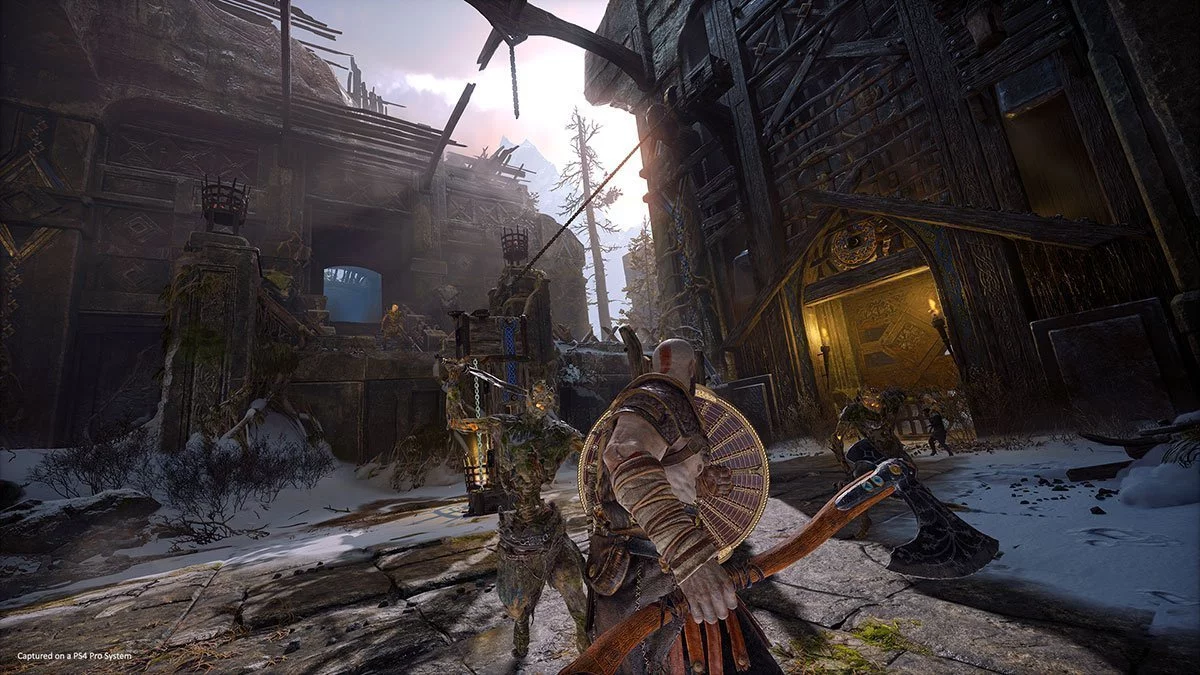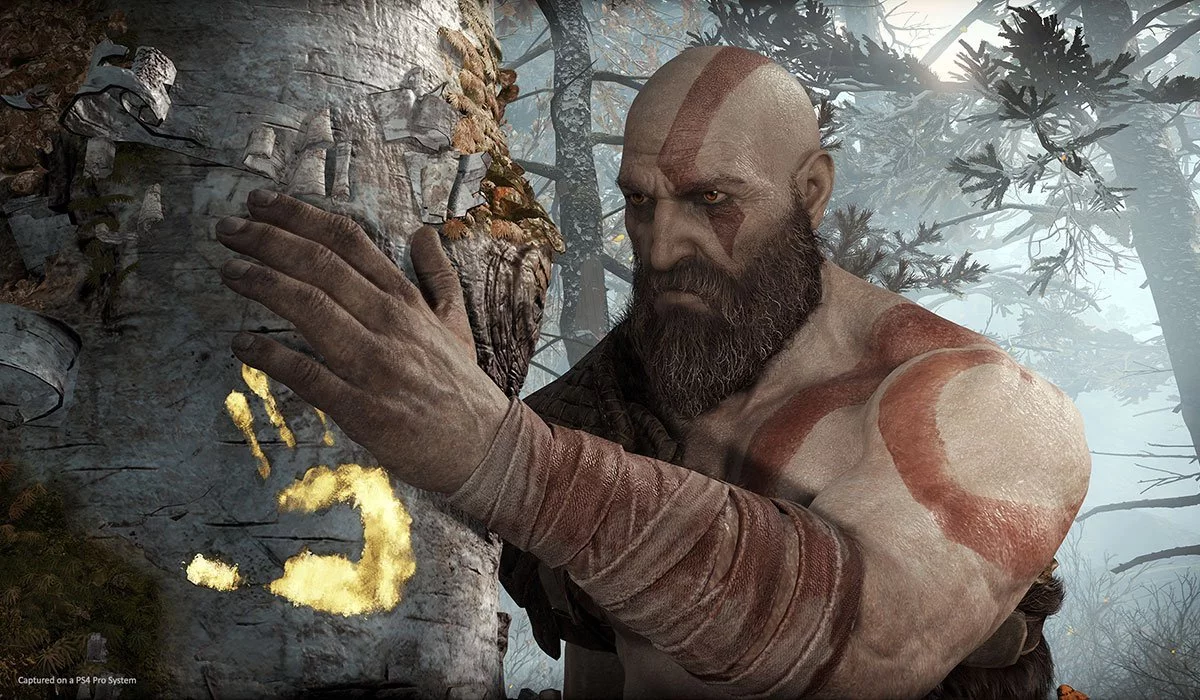Stevivor sat down with Aaron Kaufman, Senior Online Community Strategist, to talk of God of War‘s coming of age.
In an in-depth conversation, Kaufman spoke of changes to God of War‘s familiar formula, the shortcomings of protagonist Kratos and what to expect from Sony Santa Monica’s latest.
You can read the entire transcript below:
Steve Wright, Stevivor: You’ve avoided the super cliched, ‘you have this young charge to look after kind of trope’ with Atreus. He can fend for himself. Still, was his inclusion intentional to pull on our heartstrings, and to get us attached to a Kratos that maybe we weren’t attached to before?
Aaron Kaufman, Naughty Dog: It was definitely intentional in the sense that it makes him more multi-dimensional, right? He used to be this kind of one-note, vengeful, raging guy. He was obsessed with rage. He was always blaming the gods for his misdeeds, his sins, and never really looking at himself in the mirror.
And at the end of God of War III, when you think he’s died, now he’s been wandering the planet for a long time, and he’s landed here in Norse land, otherwise known as Scandinavia, and he fathered Atreus, and he created Atreus with the mother, but during that time, he was a distant father.
The mother is the one who taught Atreus how to hunt, how to read the runes, and Kratos was constantly going into the woods and testing himself, and trying to channel his rage. So now, as the mother has passed, and they’re on this incredible journey, he’s forced to learn how to be a dad. And I think we avoid the cliché, because you’re dealing with someone who doesn’t know how. You’re dealing with a man that is afraid, and it’s almost awkward in the beginning. You can sense that he doesn’t want to give him the boat. He’s like, okay, I’m just going to tip-toe you into this battle with the Draugr, you’re not ready yet. Here, why don’t you defend yourself over there, while I kick some ass, and hold your bow on my back?
I always thought in the beginning of the game, that’s funny. They’re in this dangerous encounter, and there Atreus is with nothing. He’s almost naked, you know? But it’s on purpose.
Stevivor: I guess there’s a bit of duality, and he’s not a great father, and I think that’s pretty evident off the bat, and you’d assume that the story is his journey to become a better father.
Kaufman: Yeah.
Stevivor: But it’s almost like he’s looking at a mirror. He knows what he became, and it’s that notion of a father trying to make their son something better than they were.
Kaufman: Yeah.
Stevivor: My own father was the same kind of way. He was so harsh to me, because in a way, I guess that’s how he thought he could make me into a person.
Kaufman: Well, I can tell you I have a feeling I know where you’re leading, and Kratos came from the world’s most dreadful, hard army, which is the Spartans, and anybody who goes through the Spartan army, is toughened to the bone, like the Marines are.
And the thing about the Spartans is, they’re unforgiving. They’re thankless. Every time you conquer an obstacle, it’s on to the next one. And that’s in Kratos’ blood. He doesn’t know how to tell Atreus, good job, how to say, you’ve done great.
He does open up there a little bit, because he has to. He has to do that, to help him grow to be a warrior, so I think Kratos is definitely tough dad, right? He definitely is tough dad, but he’s still a father, and he still wants to teach Atreus, and he still wants to protect him.
Like you’ve said, the thing that he’s most afraid of is, he knows that there is potentially rage inside of Atreus. He wants to do whatever he can to make sure that Atreus doesn’t learn how to wildly unleash that. Save for the fact that Atreus doesn’t even know he has it within him, which makes it even more intriguing.
Stevivor: Just before you mentioned, in the previous games, Kratos was kind of one- note, and that’s his character. Could that also be a means of critiquing Santa Monica’s previous games?
Kaufman: God of War I, II, III, Ascension were kind of our college years. As game developers, I wasn’t there during God of War I and II, and III, I came on the God of War: Ascension and onward. But guys like Bruno Velazquez, Derek Daniels, Cory Barlog, Jason McDonald, these guys are all principle leads on the game, and they were younger. They were much younger. Now, all of them are parents, and have families, and have been with our studio the past 10 to 15 years. And games have evolved, games have matured, and God of War has to. It has to, and I think for Kratos to evolve as a character, we needed to push that reset button, and give him something more to care for, more dimension to him. So yeah, that is a reflection of our studio.
It’s not to say that we’re going to be making mature games for the rest of our lives, but it is to say that Santa Monica Studio, we are a studio known for great storytelling, great artwork, and we want to be known for a studio that makes characters that you care about.
We’re going wide linear. We’ve added in companions through the entire ordeal. His weaponry’s changed.
Stevivor: If you had to pitch this to a die-hard fan, who loves the previous combat, loves the previous structure? This might be a hard sell. How do you get them on board? What remains unchanged from God of War that has continued on to this title?
Kaufman: I think something that God of War fans have always loved, is just the accessibility of it, right? That you could pick up the controller, and play it. You don’t need to know complex controls. Everything feels intuitive, smooth, and flowing.
And my pitch to a God of War gamer would be to say, “You know what? Go pick up that controller right now, throw the axe, and watch what happens. Hit triangle, recall it, and see how you feel. I guarantee you 110%, that’s going to feel as empowering, and strong, and holy sh*t, like, I feel like I’m still Kratos.” This just feels good. It’s something that you can’t really put your finger on it, but there’s something about playing a God of War game, that just feels like you’re in the 12th round of a boxing match, and you have all of a sudden, this adrenaline kick, and you can just go and kick ass. And you’re having your comeback moment, almost at every swing of the axe.
So for me, it would just be simple, I know we’ve changed a lot. I know we’ve changed the camera. We’ve given a new weapon. He has a son, but damn it, it still feels like God of War.
Stevivor: Yeah. It actually really does, not that I should be surprised by that, but light attack, heavy attack, throw an axe, fair enough, but you throw an axe, embeds into a Draugr, it freezes. Okay, cool. That guy’s out of mind for a minute, I’ll use my shield and use my fists on this guy.
And then you realise, oh, I can line up people between that first dude and myself, and I can call my axe back, and that’s collateral damage, or I can freeze this gut, and hit him with my shield, and make him explode, like shatter him.
The thing I liked about that is, there’s so many layers to that combat, that you don’t necessarily take my hand through, but you can just slowly peel those layers back as you go through, which is pretty good.
Kaufman: Sometimes as I’ve been talking on this tour to people, and I start to realise early on, that we give you more weapons at the beginning of this game than any other God of War game. You get four weapons. You have the axe, the shield, your fists, your foot — your foot is a fifth weapon — and the bow.
Stevivor: And your son [who has the bow].
Kaufman: Yeah. Right from the get-go, form the first Draugr encounter, you already have … I mean, Atreus can’t fire his bow yet, but eventually, but you already have so many diverse options, so many different ways to approach the battle, instead of going, square, square, triangle … square, square, triangle … mash, mash, mash, QTR, mash, mash, mash, you have to actually think about it for a minute.
Stevivor: Are there quicktime events in this game?
Kaufman: There are no more quick time events in the sense of there’s no timed button sequences, period.
And I don’t know if you played with the R3 execution, but there’s a number of enemies that when you hit R3, you actually get into … I wouldn’t call it a mini-game, but you get a chance to still keep control, whether it’s the troll, or the revenant, who you can wail on with your foot, or your knee, or your fists. But, when we take the control out of your hands, to go through those final incredible ripping the horns off, or throwing the stranger around, that’s all about like, look, we’re still game developers. We want to give you an incredible feeling, right?
For us, it’s not like, we’re not going to let you hit the analogue stick, and twirl around so you can go like this. We have to draw a line at some places, to create the moment that we want for you at that point.
Stevivor: What to you, does ‘wide linear’ mean to this game? To you?
Kaufman: I think when you’re talking about an open world game, the other half of that word is sandbox, and sandbox games, open world, they give you lot of flexibility to go wherever you want, when you want, in a very, very large, open area, and almost for a lot of randomness as well.
In our game, wide linear means, we’re still keeping you contained in the areas that we want you to stay within, but we’re giving you a lot to discover on a wide path. So, this is still a single player, linear game. There’s a very specific destination that you’re going to, to the top of that mountain, and you can stay exactly on the path and get there. And that path is zig-zagging all over the place. It’s not like you just go straight, right?
You’re going to get in your boat. You’re going to do a lot of those things, but at any given time as you’re exploring, you are constantly going to see areas that you might want to get off the path. But our game is not the type of game where it’s like, “Hey, I want to go all the way to the other side of that world, and complete a quest.” Our game is more like, “Hey, I’m going on this incredible ride, and there’s a quest right over there. I want to go right over there, right now. I want to go climb up that cliff, and there might be a dragon around the corner, or a treasure chest to discover, or a new tryptic, or I have to kill x amount of enemies to do x, y, z.” So, we’re just giving you a lot more fun in our playground.
I would say as well, while our game is not about going to the other side of the world, to complete quests, later in the game we do give you ways to back-travel, to make sure that you can collect–
Stevivor: So, if you missed a toy boat, you’re not locked out from that playthrough.
Kaufman: Yeah, I think we have to enable players to collect everything they need to collect to platinum, and things of that nature.
Now, the storytelling device as to how you can do that, is best left for a surprise, but I think that’s the best way to answer what wide linear means.
Stevivor: Did I see a flashback sequence in the trailer we were shown ahead of your presentation earlier today?
Kaufman: That’s not a flashback. There are no flashbacks in the game, that we don’t use that device.
Stevivor: Nice. Now, I’m assuming we’re going to get a little bit of back story on what’s happened since the last time we saw Kratos? Just to pique the interest of returning players.
Kaufman: You know, I think the interest in returning players, is going to be, how do you say it? Taken for granted, getting them to theorise a little bit. We’ve shown at least one nostalgic throw-back in a previous trailer, where he’s holding the vase up, and he sees a shadow of his past in a painting, and there’s a purpose, and a reason for that, that we don’t get into today.
But for us, it was really just about hitting the reset button, and getting people to keep looking forward, keep looking forward with this story. There are plenty of stories to be told, between what happened from God of War 3 into this game. We’re telling them a bit, in our lost pages campaign. We’re doing a comic book series with Dark Horse, that involved Kratos and Atreus before the game starts.
Cory Barlog, our creative director, definitely knows, has the keys to the stories that have happened in between, and we have ways in the future, that I think we’ll see if we feel like sharing.
Many thanks to Mr. Kaufman for his time.
God of War heads to PS4 on 20 April. We recently previewed the game here.
This article may contain affiliate links, meaning we could earn a small commission if you click-through and make a purchase. Stevivor is an independent outlet and our journalism is in no way influenced by any advertiser or commercial initiative.


